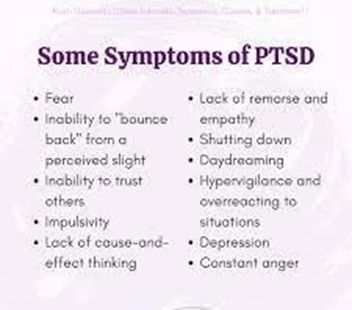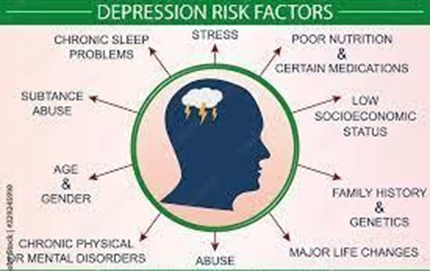When assessing for the subjective symptoms of posttraumatic stress disorder (PTSD), which question will the nurse ask a client hospitalized for severe anxiety related to a sexual assault by a family member as a teenager?
"On a regular basis, do you get enough restful sleep?"
"Can we discuss what triggered your angry outburst a few minutes ago?"
"Are you experiencing a flashback of the rape right now?"
"Am I correct to say that you try to avoid certain family members?"
The Correct Answer is C
A. Sleep disturbances are common in PTSD, but they might not address the current acute symptoms the client is experiencing.
B. This question explores the immediate trigger for an outburst but might not directly address the PTSD symptoms related to the sexual assault.
C. Inquiring about flashbacks directly relates to one of the hallmark symptoms of PTSD, especially given the recent severe anxiety related to the assault.
D. Avoidance behavior is a symptom of PTSD, but the question about experiencing a flashback addresses more immediate distress.

Nursing Test Bank
Naxlex Comprehensive Predictor Exams
Related Questions
Correct Answer is B
Explanation
A. Clients with major depressive disorder often exhibit decreased response to stimuli rather than an exaggerated response.
B. Weight changes, either a significant gain or loss, are common in individuals with major depressive disorder due to changes in appetite.
C. Hyperexcitability is not typically associated with major depressive disorder. Instead, individuals with depression often exhibit decreased energy and enthusiasm.
D. While seeking attention can manifest in some individuals with mental health conditions, it's not a defining characteristic of major depressive disorder.

Correct Answer is B
Explanation
A. Elevated levels of serotonin are associated with a potential treatment for depression but aren't considered a primary risk factor for developing depression.
B. Past history of childhood trauma, such as abuse or neglect, is a well-established risk factor for the development of depression later in life.
C. Being an only child is not recognized as a primary risk factor for depression.
D. Recent history of stressful positive life events might not be a primary risk factor for depression; in some cases, it could be a protective factor.

Whether you are a student looking to ace your exams or a practicing nurse seeking to enhance your expertise , our nursing education contents will empower you with the confidence and competence to make a difference in the lives of patients and become a respected leader in the healthcare field.
Visit Naxlex, invest in your future and unlock endless possibilities with our unparalleled nursing education contents today
Report Wrong Answer on the Current Question
Do you disagree with the answer? If yes, what is your expected answer? Explain.
Kindly be descriptive with the issue you are facing.
